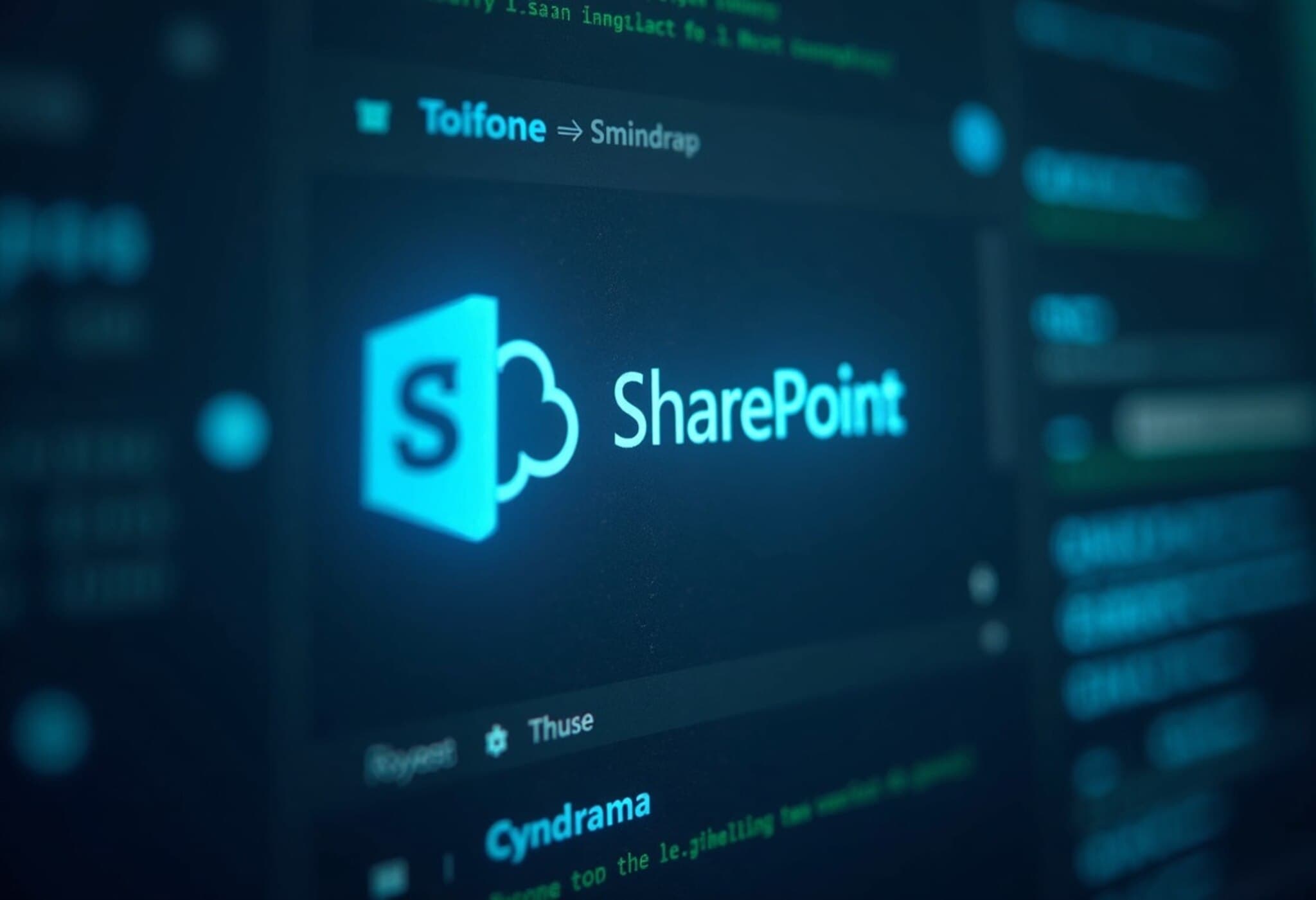Microsoft Restricts China-Based Engineers from Supporting U.S. Defense Cloud Projects
In a strategic move to tighten national security around sensitive government contracts, Microsoft has announced it will no longer allow engineers based in China to provide technical support for U.S. Department of Defense (DoD) clients using its Azure cloud platform. This policy shift comes shortly after investigative reporting highlighted the Pentagon's reliance on Microsoft’s Chinese software engineers for critical cloud infrastructure services.
Background: Rising Security Concerns Over Overseas Cloud Support
For years, Microsoft's Azure cloud services have been a backbone for various government operations, including defense. Azure accounts for over 25% of Microsoft’s revenue, positioning it as a vital business unit competing with giants like Amazon Web Services. With more than half of Microsoft’s quarterly revenue driven by U.S.-based customers, the company’s government contracts represent a substantial and sensitive portion of its business.
ProPublica's exposé revealed that many of the engineers maintaining and supporting Pentagon cloud systems were located in China. The report also uncovered that these engineers operated under the supervision of U.S.-based "digital escorts," personnel with limited technical knowledge relative to their Chinese counterparts. This arrangement raised alarms among cybersecurity experts about potential vulnerabilities and exploitation risks, given geopolitical tensions.
Microsoft's Response: Enhancing Oversight and Security Measures
Frank Shaw, Microsoft’s Chief Communications Officer, publicly acknowledged the concerns and detailed the company's immediate response. In a statement, Shaw emphasized that no engineering teams based in China will now provide technical assistance for the DoD's cloud services, signaling a deliberate move to eliminate perceived cybersecurity threats linked to foreign involvement.
"We remain committed to providing the most secure services possible to the US government, including working closely with national security partners to continuously evaluate and adjust our security protocols," Shaw affirmed.
Implications for Cloud Security and U.S. Defense Infrastructure
This development is a critical moment in the broader conversation about balancing technological innovation with national security interests. It underscores growing apprehensions about foreign talent's access to sensitive U.S. government data and infrastructure, especially amid increasing cyberwarfare threats.
- Legal and Contractual Context: Microsoft’s involvement with Pentagon contracts has navigated a complex landscape, including the high-profile cancellation of the Joint Enterprise Defense Infrastructure (JEDI) contract in 2021 and subsequent multi-billion-dollar cloud procurement deals in 2022 involving Amazon, Google, and Microsoft.
- Cybersecurity Risks: The reliance on overseas engineers, especially from countries with adversarial relations to the U.S., fuels anxieties over potential espionage, intellectual property theft, or cyber intrusions.
- Operational Challenges: The use of "digital escorts" to oversee foreign engineers highlights struggles in maintaining effective controls without disrupting technical workflows that require global collaboration.
Expert Insight: Navigating the Intersection of Tech Innovation and Security
Experts in cybersecurity and defense policy suggest that Microsoft's move is not only prudent but necessary in today’s geopolitical climate. As cloud computing becomes ever more central to military readiness and national security, ensuring that those with access to critical systems are fully trustworthy and under rigorous oversight is paramount.
However, this raises broader personnel and talent market questions. The global tech ecosystem often thrives on cross-border collaboration — but when national security is at stake, companies and governments must tread carefully. Finding the balance between leveraging global expertise and safeguarding national interests remains a pressing challenge.
Looking Ahead: What This Means for Industry and Policy
Microsoft’s policy change may set a precedent for other cloud service providers and contractors working with sensitive government entities. It forces organizations to reassess their operational frameworks, especially concerning personnel location and access to critical defense projects.
Meanwhile, legislators and regulators may be motivated to develop clearer guidelines or standards about foreign involvement in government technology services, potentially reshaping how U.S. defense contracts are awarded and managed.
Editor's Note
Microsoft’s decision to restrict China-based engineers from supporting Pentagon cloud projects reflects a pivotal moment in the ongoing tension between technological globalism and national security imperatives. While it addresses immediate cybersecurity concerns, it also opens up deeper debates about trust, oversight, and the future of international collaboration in high-stakes sectors. How will other tech giants respond? Could this accelerate a broader decoupling of U.S. tech infrastructure from China? These questions underscore the complex terrain ahead for technology policy and security.



















